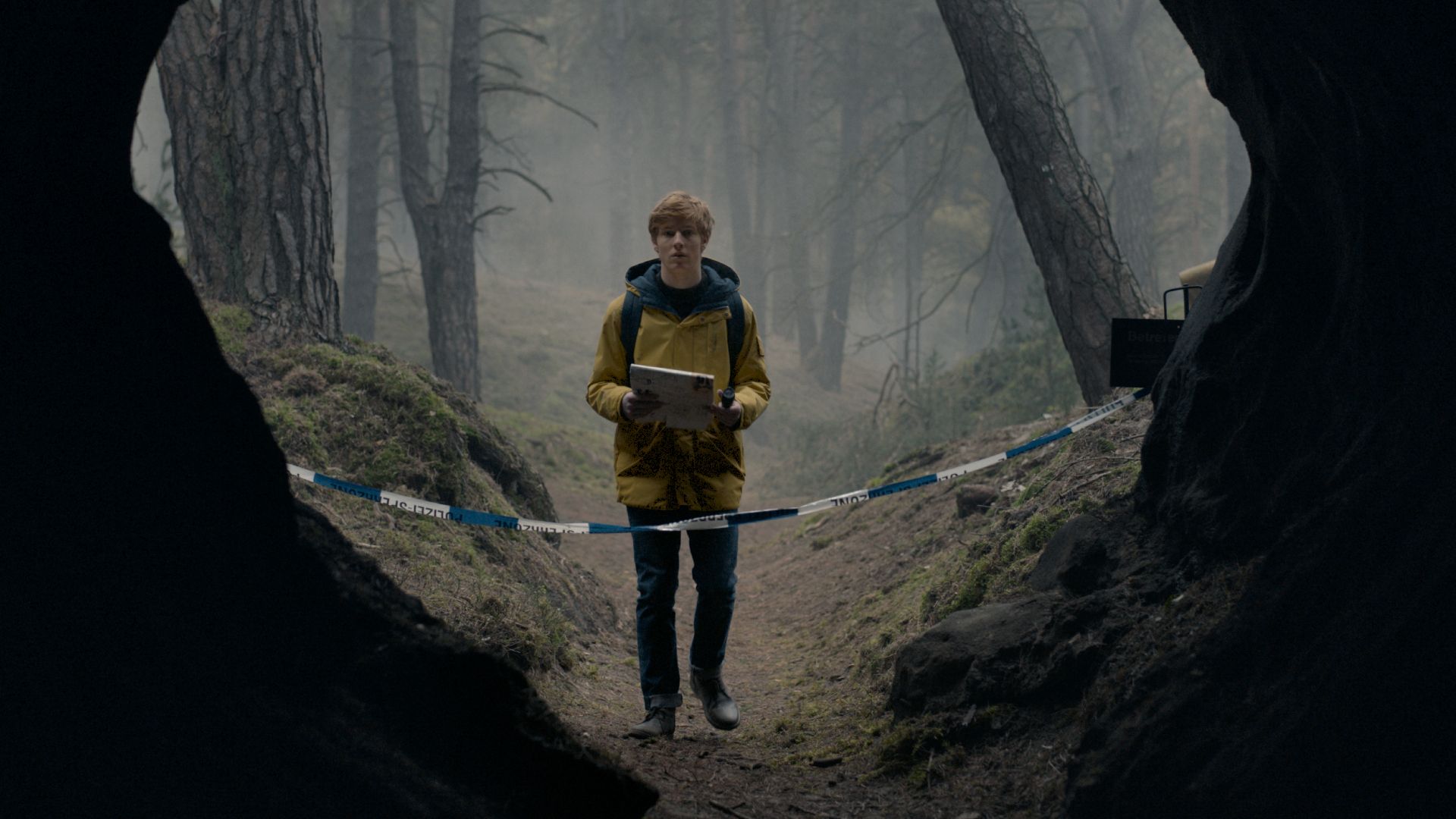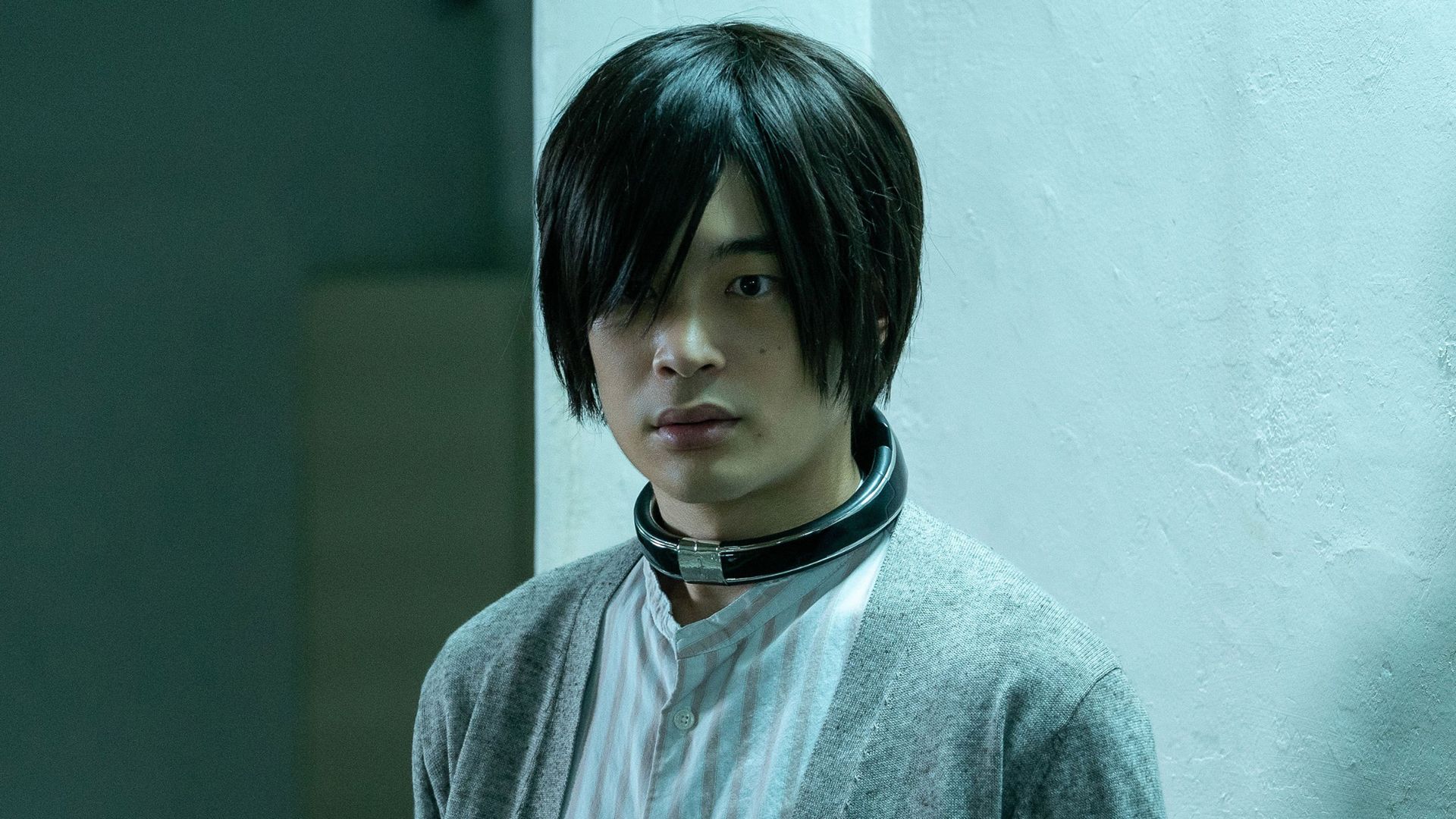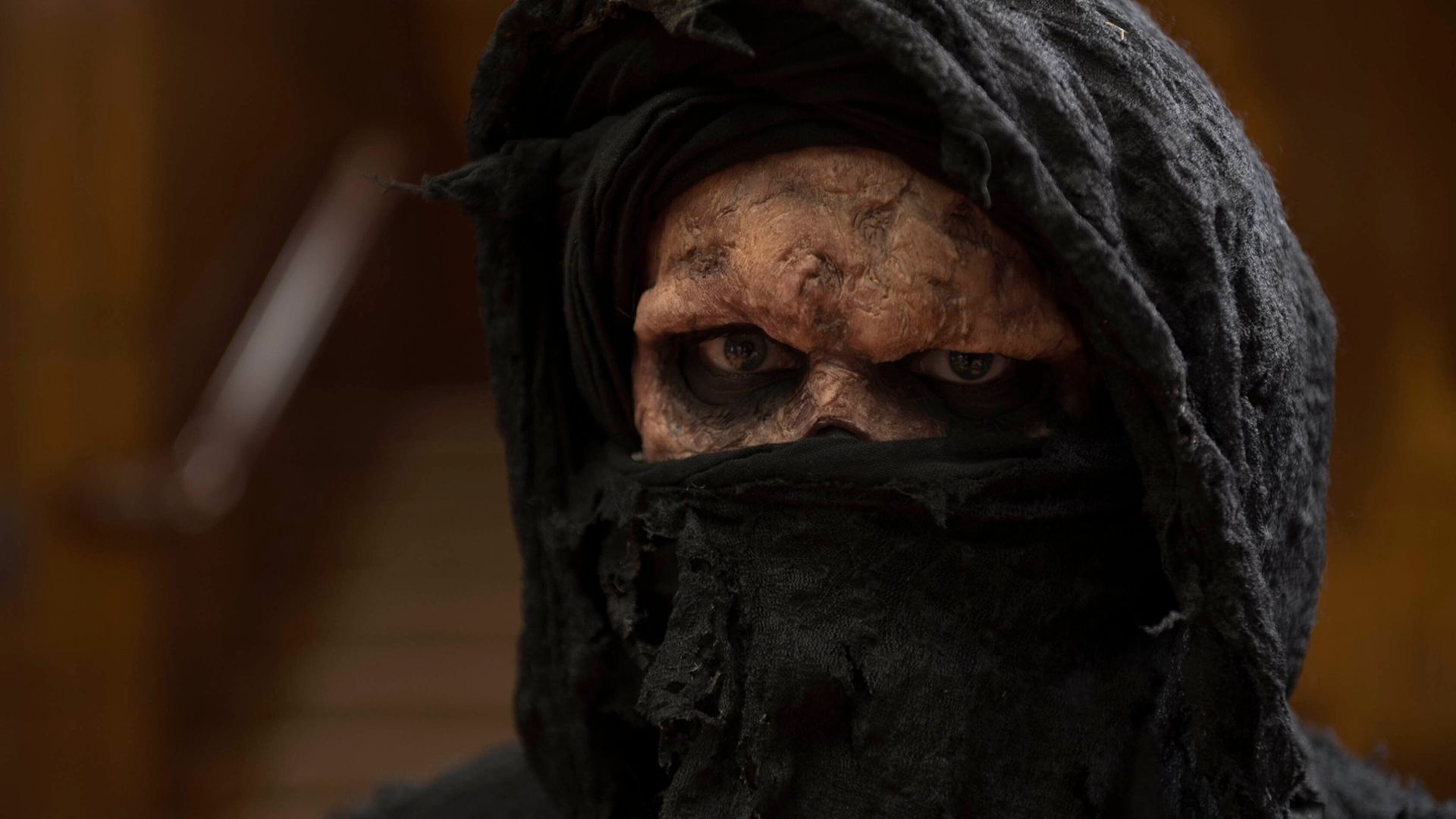Star Wars Just Released Its Most Baffling Movie Trailer Of All Time

As a big Star Wars fan, I was so excited to hear about The Mandalorian & Grogu coming to theaters – it’s the first movie since The Rise of Skywalker in 2019! We haven’t gotten a full trailer yet, and with the release in May getting closer, I was really hoping the Super Bowl would finally give us something more than just that short teaser from last September. I’m still holding out hope for a proper look at the movie!








